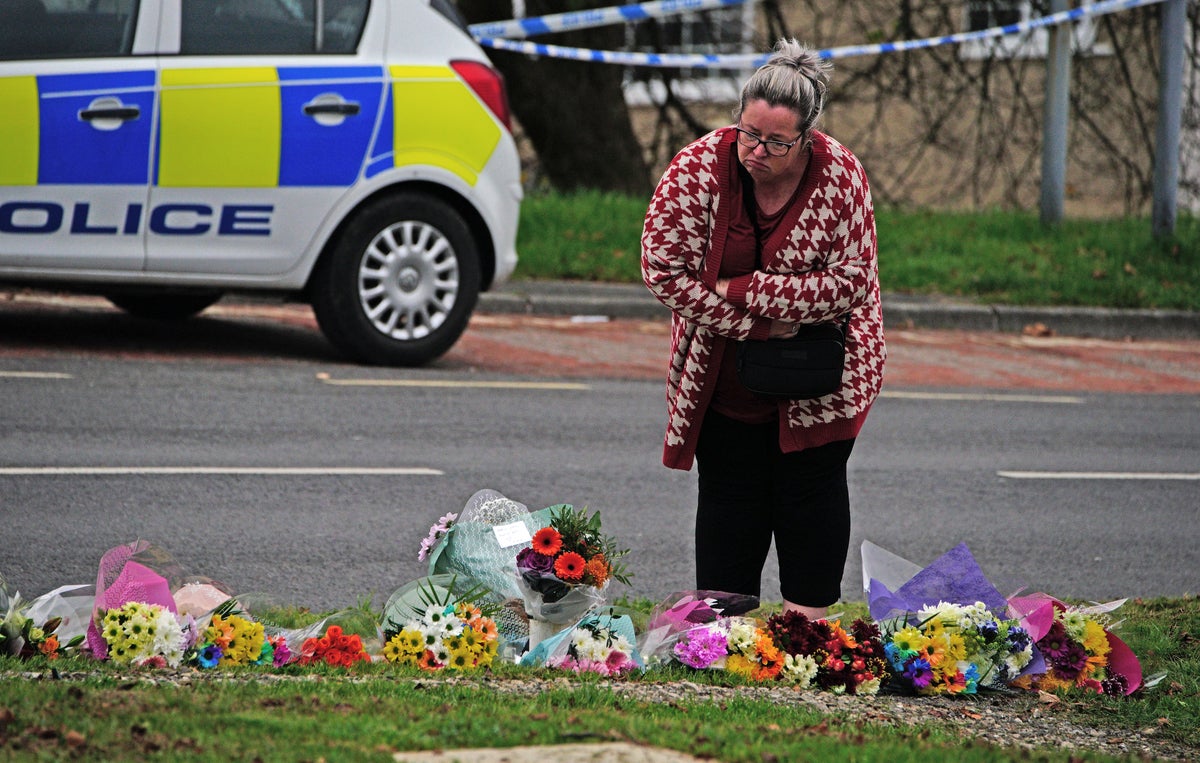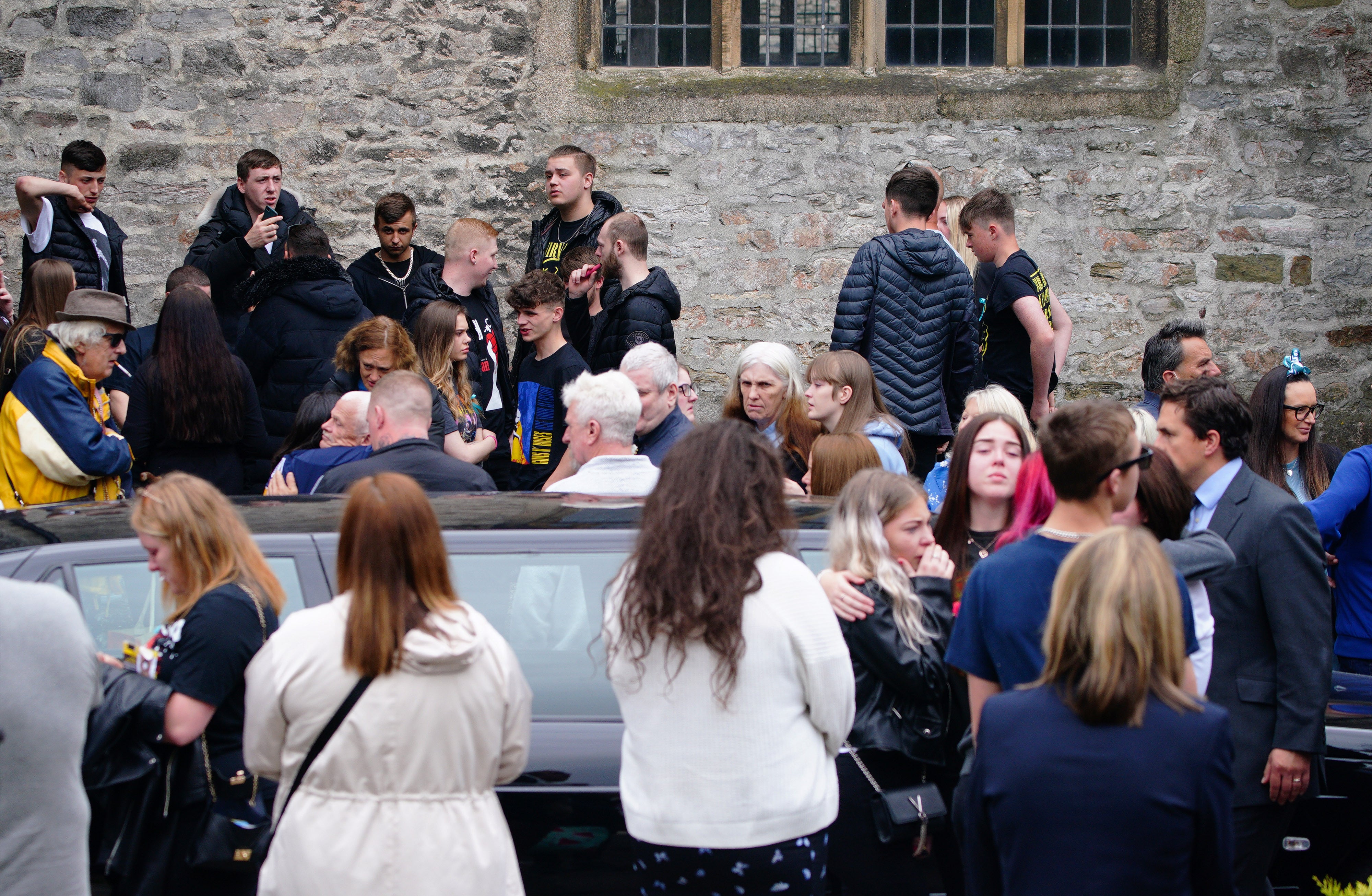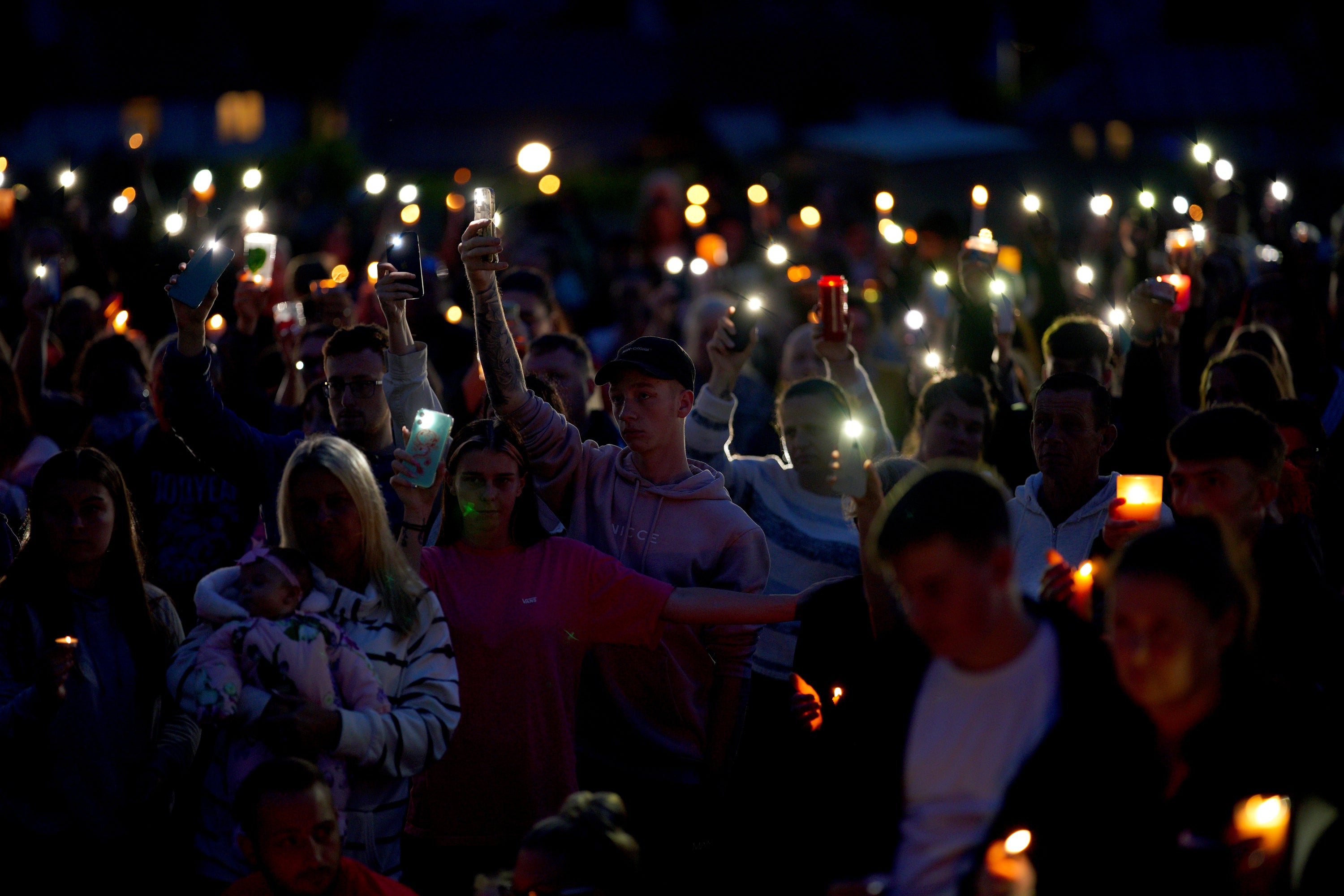
One of the UK’s first commissions set up to tackle violence against women and girls has announced its plans to combat abuse in Plymouth.
The commission was established partly in response to the murder of 18-year-old Bobbi-Anne McLeod, who was snatched from a bus stop by confessed murder obsessive Cody Ackland in November.
It was also driven by the events in Keyham on August 12 last year, when Jake Davison, 22, killed his mother before going outside and shooting dead four members of the public in a 12-minute spree.
Davison’s social media indicated he was embroiled in misogynistic “incel” culture, meaning “involuntary celibate”, and had a fascination with guns and the US.

Since January, the commission has heard evidence from 1,300 Plymouth citizens through public question-and-answer sessions, online surveys and calls for evidence.
In its report published on Friday, it found 89% of participants believed violence against women and girls in the city was a problem, with 60% believing it has got worse over the past five years.
It comes the day after Miss McLeod’s funeral, attended by hundreds of mourners, and a week after Ackland was jailed for life with a minimum of 31 years for bludgeoning her to death.
Just 13% of female respondents said they felt safe or fairly safe while out after dark.
In the report, the commission set out a framework to drive down violence and other abuse, with an emphasis on empowering men to recognise and challenge worrying behaviour by their peers.
The report recommends a “public health” approach, which focuses on whole sections of the population deemed to have a risk in common, and employs a multi-agency approach to try to prevent rather than “cure” the issue.
It has proved successful in cutting other offending, for example in Glasgow, where it was used to dramatically cut knife crime.
In particular it looks at co-occurring inequalities, such as addiction and unemployment, and how that might be fuelling the issue.
In Plymouth, the report recommended implementing a framework of early interventions, including education programmes in different settings such as schools, workplaces and sports clubs.
The report also recommended making older men the target of education and interventions, as 70% of women murdered in the UK in 2021 were killed by men over 30.

The commission said one of the most pressing needs was to scale up programmes to promote healthy male behaviour, so they are available to more men and boys in more settings.
As well as funding, these programmes are hampered by a shortage of trained workers to deliver them.
The commission also noted the shortcomings in services for women, partly due to lack of communication and “piecemeal” funding, where victims are often shunted from agency to agency.
It said Plymouth as a city should “ensure that women and girls who have been subjected to male violence get the support they need at the right time and place and only need to tell their story once”.
The recommendation was made after victims described being “re-traumatised” by having to recount what happened to them every time they were referred to a different service.
Plymouth knows eliminating violence is everybody’s business and this report is the beginning of that journey
Elsewhere, the commission looked at the role of city infrastructure and transport, and where money can be best spent to boost women’s safety.
Eighty-four per cent of respondents to its survey said “improving/increasing street lighting” would help women and girls feel safer, and 71% said increasing CCTV would help.
Councillor Rebecca Smith, who chaired the commission, said: “Our recommendations are not a quick fix. But they mark the start of a journey that says ‘enough is enough’.
“I would like to thank all those people who took the time to work with us during the past few months. But now the hard work really begins.
“Whilst I believe the recommendations are strong and robust, until they are implemented they are just words.
“I call on everyone in Plymouth to step up and to do their part. Join us to not only make Plymouth safer for women and girls, but also a place that feels safer.”
Former chief crown prosecutor for north-west England Nazir Afzal, who was an adviser to the commission, said: “The commission is a bold and brave development, and its findings and recommendations are in many respects ground-breaking, but they are all evidence-based responses to the significant challenges that we face.
“At its heart is the understanding that we can’t just repeat the same mistakes and that we must address the causes and not just the consequences.
“Plymouth knows eliminating violence is everybody’s business and this report is the beginning of that journey.”







